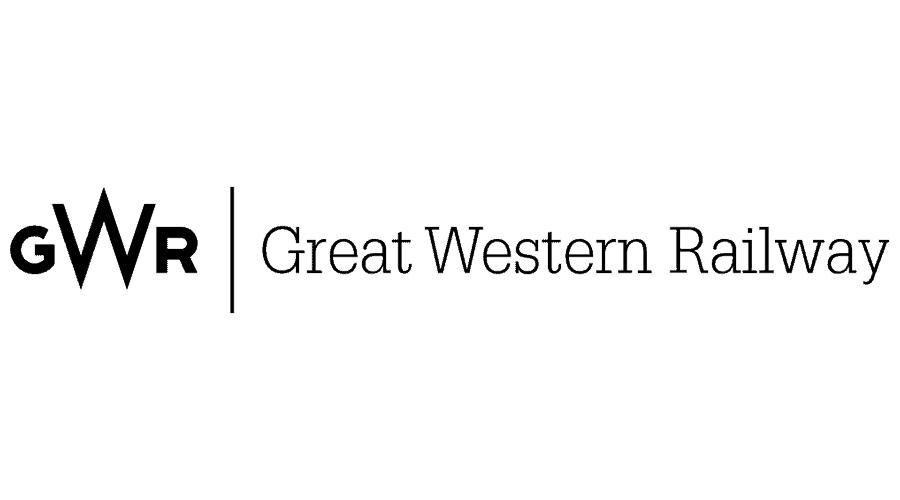The Great Western Railway (GWR) was a British railway company that linked London with the southwest and west of England, the West Midlands, and most of Wales. It was founded in 1833, received its enabling Act of Parliament on 31 August 1835 and ran its first trains in 1838. It was engineered by Isambard Kingdom Brunel, who chose a broad gauge of 7 ft (2,134 mm)—later slightly widened to 7 ft 1⁄4 in (2,140 mm)—but, from 1854, a series of amalgamations saw it also operate 4 ft 8+1⁄2 in (1,435 mm) standard-gauge trains; the last broad-gauge services were operated in 1892.
The GWR was the only company to keep its identity through the Railways Act 1921, which amalgamated it with the remaining independent railways within its territory, and it was finally merged at the end of 1947 when it was nationalised and became the Western Region of British Railways.
The GWR was called by some “God’s Wonderful Railway” and by others the “Great Way Round” but it was famed as the “Holiday Line”, taking many people to English and Bristol Channel resorts in the West Country as well as the far southwest of England such as Torquay in Devon, Minehead in Somerset, and Newquay and St Ives in Cornwall. The company’s locomotives, many of which were built in the company’s workshops at Swindon, were painted a Brunswick green colour while, for most of its existence, it used a two-tone “chocolate and cream” livery for its passenger coaches. Goods wagons were painted red but this was later changed to mid-grey.
Great Western trains included long-distance express services such as the Flying Dutchman, the Cornish Riviera Express and the Cheltenham Spa Express. It also operated many suburban and rural services, some operated by steam railmotors or autotrains. The company pioneered the use of larger, more economic goods wagons than were usual in Britain. It operated a network of road motor (bus) routes, was a part of the Railway Air Services and owned ships, docks and hotels.


